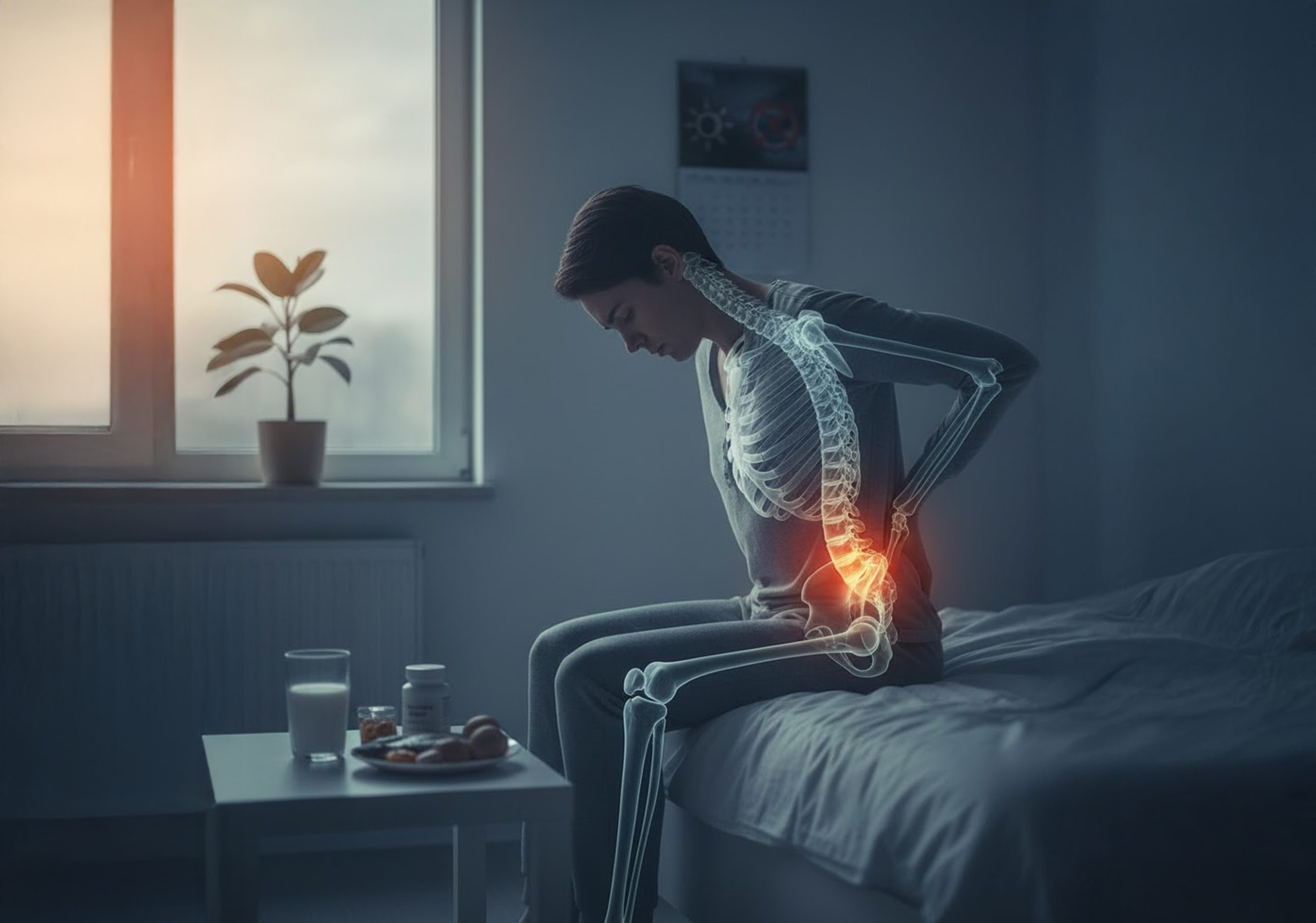Vitamin D plays a powerful role in keeping your body strong and healthy — from supporting bone strength to improving immune function and mood regulation. Yet, vitamin D deficiency affects millions of people globally, often without them even realizing it.
This guide breaks down everything you need to know about vitamin D deficiency treatment — what causes it, how to identify it, and the best ways to naturally raise your vitamin D levels.
Understanding Vitamin D Deficiency
Vitamin D is unique — it functions like a hormone and is produced when your skin is exposed to sunlight. You can also get it from certain foods and supplements.
When your body doesn’t get enough sunlight or dietary vitamin D, levels drop, leading to a deficiency. Over time, this can affect bone density, muscle function, and even your immune system.
Common causes of vitamin D deficiency include:
- Limited sun exposure (especially during winter months)
- Darker skin pigmentation, which reduces vitamin D synthesis
- Health conditions affecting absorption, such as Crohn’s or celiac disease
- Aging, which reduces the skin’s ability to produce vitamin D
- A diet lacking in vitamin D–rich foods
Signs and Symptoms of Vitamin D Deficiency
Vitamin D deficiency often develops slowly, and symptoms may not be immediately obvious. But over time, you might notice:
- Fatigue or low energy that doesn’t improve with rest
- Muscle weakness or cramps
- Bone or joint pain, particularly in the lower back or legs
- Frequent colds or infections due to a weakened immune system
- Low mood or depression
- Hair thinning or brittle nails
If these symptoms sound familiar, ask your healthcare provider about checking your vitamin D levels with a simple blood test.
How to Treat Low Vitamin D Levels
The good news? Vitamin D deficiency can be corrected. Treatment focuses on raising your vitamin D levels through a combination of sunlight, diet, and supplementation.
1. Get More Sunlight
Your body naturally makes vitamin D when exposed to UVB rays. Aim for 10–30 minutes of midday sunlight several times a week, depending on your skin tone and where you live. Always balance sun exposure with skin protection.
2. Eat Vitamin D–Rich Foods
Add these foods to your diet for a natural boost:
- Fatty fish (salmon, mackerel, tuna, sardines)
- Fortified milk or plant-based alternatives
- Egg yolks
- Beef liver
- Fortified cereals
3. Take Vitamin D Supplements
If sunlight and diet aren’t enough, supplements can help restore healthy levels. Always consult your doctor before starting supplementation to determine the correct dosage.
Supplements for Vitamin D Deficiency
There are two main forms of vitamin D supplements:
- Vitamin D2 (ergocalciferol) – plant-derived and often used in fortified foods.
- Vitamin D3 (cholecalciferol) – animal-based and more effective at raising and maintaining blood vitamin D levels.
Your doctor may recommend a specific dosage based on your blood test results. Typical recommendations for adults range between 600–800 IU daily, though higher doses may be prescribed for severe deficiency.
For best absorption:
- Take supplements with meals containing healthy fats.
- Follow your doctor’s guidance to avoid taking too much, as excessive vitamin D can cause toxicity.
FAQs
1. What causes vitamin D deficiency?
The most common causes include limited sun exposure, a poor diet, or health conditions that reduce vitamin absorption.
2. How much vitamin D do I need each day?
Most adults need around 600–800 IU per day. However, your exact needs depend on your age, health, and where you live.
3. Can you take too much vitamin D?
Yes. Excessive vitamin D intake can lead to high calcium levels, nausea, weakness, and kidney problems. Always take supplements as advised by a healthcare provider.
4. How long does it take to correct a deficiency?
Mild deficiencies can often be corrected within a few months of consistent supplementation, while more severe cases may take longer.
Conclusion
Addressing vitamin D deficiency is one of the simplest yet most impactful steps you can take for your long-term health. Sunlight, diet, and supplements — used wisely — can help restore balance and protect your bones, muscles, and immune system.
If you suspect a deficiency, don’t self-diagnose. A quick blood test and a personalized treatment plan from your orthopedic expert can help you safely boost your vitamin D levels.
Take action today:
- Book a Consultation with one of our healthcare professionals.
- Consume Vitamin D Supplements to start supporting your body naturally.







